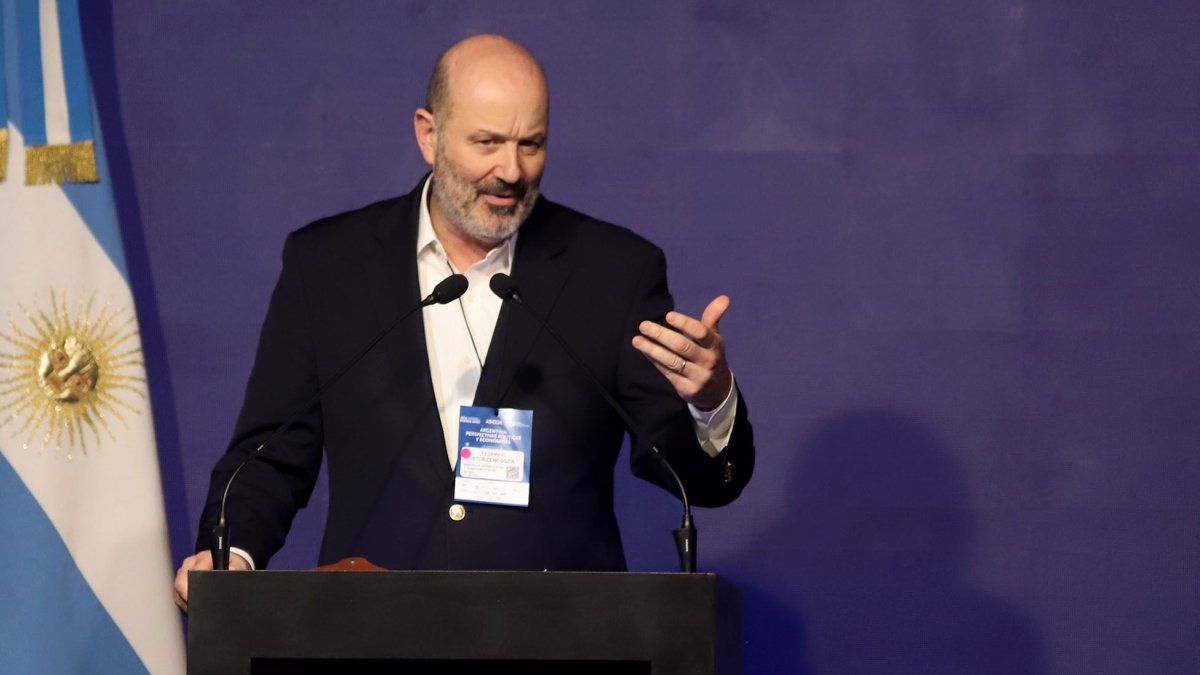The Government of Javier Milei published this Monday the regulations of another section of the Bases law, sanctioned at the end of June by the Congress. This is about the implementation of the “Positive silence”, an administrative change that will allow the lack of response from the State to a request for processing to be taken as affirmative.
notice_312773.pdf
Administrative Decision on positive silence.
The Government is moving forward with the regulation of positive silence: what it consists of
Until now, the law stated that “The silence or ambiguity of the Administration in the face of claims that require a specific pronouncement from it will be interpreted as a refusal”. And he added that “only through an express provision can silence be given a positive meaning.”
Furthermore, it indicated that if the special regulations did not provide a specific period for the decision, “this period may not exceed sixty days.” Once this period had passed, the interested party could request that the procedure be “promptly processed” and if the State did not express itself after another 30 days, it would be considered administrative silence.
The new regulations Adds subsection “b” to article 10, which indicates that the lack of response will be considered “positive”“When a regulation requires administrative authorization for individuals to be able to carry out a certain conduct or act within the framework of the exercise of a regulated power of the Administration, upon expiration of the period provided for resolving without an express resolution having been issued, silence will have a positive meaning,” the new provision states and adds that the estimation by administrative silence “has for all purposes the consideration of an administrative act finalizing the procedure.”
The regulations published last night establish the Schedule for the implementation of “positive silence” in the Central Public Administration, including decentralized agenciesfrom the November 1, 2024. In the case of the decentralized bodies, the implementation will be “as of December 1, 2024.”
Embed – https://publish.twitter.com/oembed?url=https://x.com/fedesturze/status/1820408233376235784&partner=&hide_thread=false
ANTI-BRIBE. The Basic Law implements a series of changes in the Administrative Procedures Law 19,549. The changes primarily aim to reduce the State’s ability to pressure or bribe citizens. Let’s see:
— Fede Sturzenegger (@fedesturze) August 5, 2024
According to the Minister of Deregulation and State Transformation, Federico Sturzenegger, It is a “anti-bribery” measure“The Basic Law implements a series of changes to the Administrative Procedures Law 19,549. The changes are primarily aimed at reducing the State’s ability to pressure or bribe citizens,” he said at the beginning of the month.
In this regard, he assured that the process of positive silence will govern “for authorizations and other procedures that the Executive Branch determines” and explained: “In the event of a request for authorization, if the State does not issue a decision within a certain period of time, the person requesting it is automatically authorized.”
The controversies over the scope of the “Positive Silence”
During the debate on the Bases law, the senator Juliana Di Tullio He warned that the change that the Government intended to implement through “positive silence” could result in a private company being able to take over state lands. “The law enables a lot of real estate business”he said and his hypothesis was supported by the secretary of Legal and Technical of the municipality of Lanús, Carlos Nielsen Enemark.
The final sanction of the regulation included a section that establishes a series of exceptions. According to section “b”, positive silence “it will not apply in matters of public health, the environment, the provision of public services or rights over public domain assets.”
However, it also indicates that the exceptions mentioned above could be ignored “when the specific applicable rule gives positive meaning to silence.” In addition, it clarifies that the regulations “may determine other specific cases in which this section is not applicable.”
The regulations also indicate that once the silence has been fulfilled in a positive sense, the interested party “may require registration, issuance of a certificate or corresponding authorization at the administrative headquarters.”
The president of the National Tax Court, Miguel Nathan Licht He explained that “the ordinary situation is that a person can exercise his rights without any kind of conditioning. It is the area of the autonomy of the will (article 19 of the National Constitution). In certain situations, requirements are imposed for the exercise of rights when there is a possibility that their exercise may cause harm to third parties or to the community in general. Consequently, civil public order regulations appear (for example, labor laws, family laws, etc.) and, in a more progressive way, administrative law regulations.”
He positive silence “operates in this area”said the expert on his social network account “X”, that is, “when the administered party requests the administration to verify compliance with the legal conditions for the exercise of a right (administrative authorization).”
He also clarified that its implementation “does not apply to any type of request” since “it does not apply to situations that are prohibited by the legal system and that can only be carried out by means of an administrative act (administrative permit).” He gave an example: “If a person asks to be ‘allowed’ to block a street for a demonstration, the silence of the administration does not imply consent.”
Source: Ambito
I am Pierce Boyd, a driven and ambitious professional working in the news industry. I have been writing for 24 Hours Worlds for over five years, specializing in sports section coverage. During my tenure at the publication, I have built an impressive portfolio of articles that has earned me a reputation as an experienced journalist and content creator.




